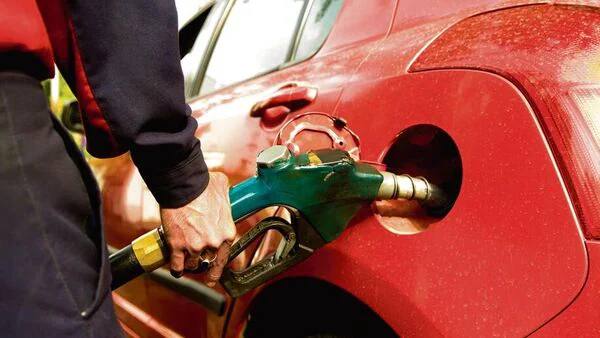India Achieves Early E20 Ethanol Milestone
India has successfully achieved 20% ethanol blending (E20) with petrol, five years ahead of schedule. The government claims this initiative has cut 69.8 million tonnes of carbon dioxide emissions since 2014 and saved ₹1.36 trillion ($1.5 billion) in foreign exchange by reducing oil imports.
According to the Indian Federation of Green Energy, switching to ethanol-blended petrol is vital as fuel demand continues to rise, making it a key step in lowering carbon emissions.
Vehicle Owners Express Concerns
Despite environmental benefits, many Indian vehicles are not E20-compliant, raising concerns about fuel efficiency and engine wear. Experts note that ethanol has lower energy density and is slightly more corrosive than petrol, which may lead to reduced mileage and potential damage to older engines.
Some manufacturers, like Honda, have been using E20-compatible materials since 2009. Maruti Suzuki plans to offer an E20 upgrade kit costing around ₹6,000 ($69) for fuel lines, seals, and gaskets. Bajaj recommends fuel cleaners costing approximately ₹100 ($1.15) per tank.
Insurance policies in India may not cover damage from non-compliant fuel, prompting vehicle owners to purchase add-ons for protection. The Petroleum Ministry considers these concerns largely unfounded, stating that engine tuning and E20-compatible materials can minimize performance issues.
Ethanol Expansion and Food Security Risks
Ethanol is mainly produced from sugarcane and maize. Increasing ethanol use for fuel raises concerns about food security, as crops are diverted from human consumption to energy production.
-
In 2025, India needs 10 billion litres of ethanol for E20 requirements.
-
By 2050, demand is projected to reach 20 billion litres, according to CSTEP, a Bengaluru-based think tank.
-
Sugarcane currently supplies 40% of India’s ethanol, but its water-intensive cultivation poses sustainability challenges.
Diversion of crops like maize and rice for fuel production has affected the poultry sector and led India to import maize for the first time in decades. Additionally, 5.2 million tonnes of FCI rice were allocated for ethanol, potentially impacting food distribution to the poor.
Experts warn that replacing rice or wheat with maize may provide ethanol but could affect oilseeds and pulses, causing agricultural imbalance.
Future Plans: Scaling Beyond E20
India plans to gradually increase ethanol blending to E25, E27, and E30. The government emphasizes a phased and calibrated approach to meet energy and environmental goals while attempting to balance fuel efficiency, vehicle safety, and food security.










